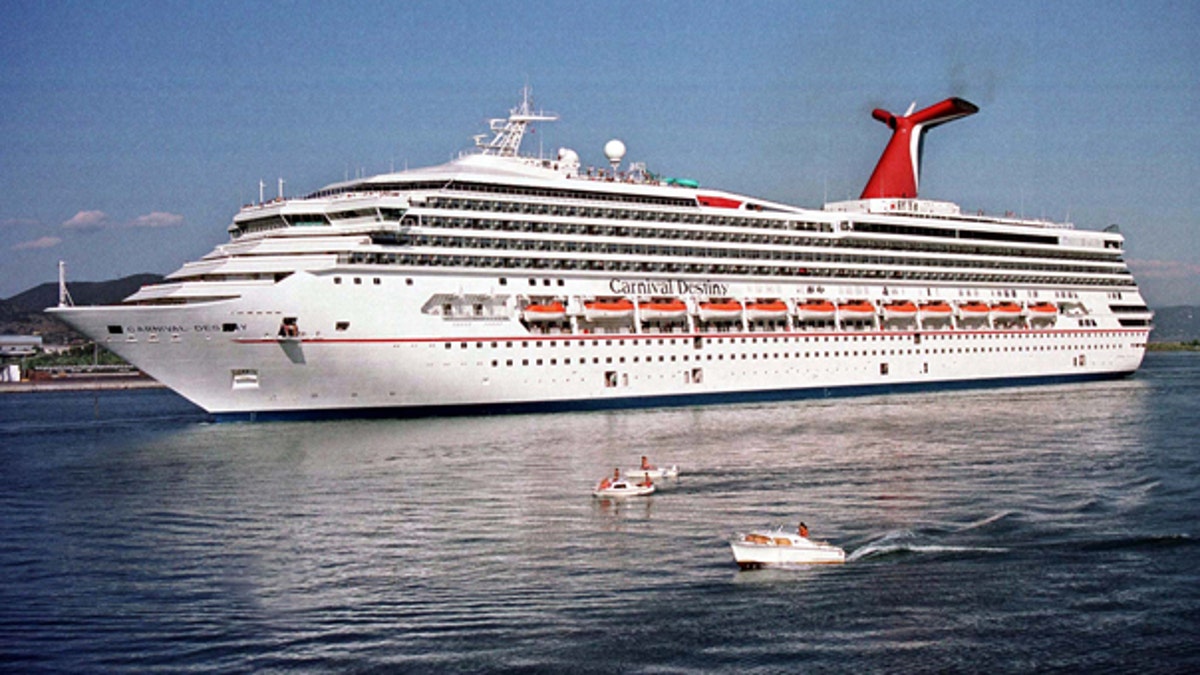
Carnival’s (NYSE:CCL) profit slumped in the first full quarter since the Costa Concordia ship crashed off the coast of Italy in January, killing more than 30 people and damaging the cruise operator's image.
A 17% jump in fuel prices during the second quarter and softer demand in Europe also weighed on earnings in its latest period, Carnival said in a statement Friday.
Revenue yields were lower in its European, Australian and Asian brands, partially offset by a 2.2% drop in cruise costs and still-strong demand in North America.
The company expressed optimism looking ahead, lifting its full-year guidance to $1.80 to $1.90 a share, which is up from its March range of $1.40 to $1.70 and ahead of average analyst estimates of $1.67 in a Thomson Reuters poll. The company last year earned $2.24 a share.
The cruise operator said fleetwide booking volumes have continued to improve since March and are running well ahead of the prior year, at lower prices. For the last seven weeks, booking volumes excluding Costa have increased 8% year-over-year.
Carnival CEO Micky Arison said the increase indicates that a “progressive recovery is well underway and we are catching up following the slowdown in bookings during wave season,” the company's key booking period.
Attractive pricing has stimulated demand, Arison said, especially for the Costa brand, which is Carnival’s European subsidiary and has seen booking volumes jump 25% over the last seven weeks from a year ago.
The Costa Concordia crashed off the coast of Italy in January, killing dozens of people and leading to millions of dollars in damages for Carnival. The ship still sits perched on a cliff close to shore, an eye sore that is a continuous reminder to the human error that led the ship's ultimate demise.
The Miami-based company reported net income of $14 million, or 2 cents a share, in the latest period, compared with a year-earlier $206 million, or 26 cents a share.
Excluding one-time fuel derivatives losses, Carnival said it earned $159 million, or 20 cents, in the second quarter, ahead of average analyst estimates of 8 cents, according to a Thomson Reuters poll.
Arison said cruise ticket prices held firm and onboard revenue was stronger-than-expected in North America, where revenue yield improved by 3%.
Total revenue for the three months ended May 31 was $3.54 billion, down from $3.6 billion a year ago and narrowly missing the Street’s view of $3.55 billion.
Revenue yields are expected to fall by 6% to 7% (including Costa) during the third quarter. The company sees non-GAAP earnings in the range of $1.42 to $1.46 a share, which is down from $1.69 a share last year, but in line with the $1.44 predicted on average by analysts.
Carnival said it expects the earnings to be padded by a slight drop in cruise costs as currency exchange rates are partially offset by lower fuel prices.